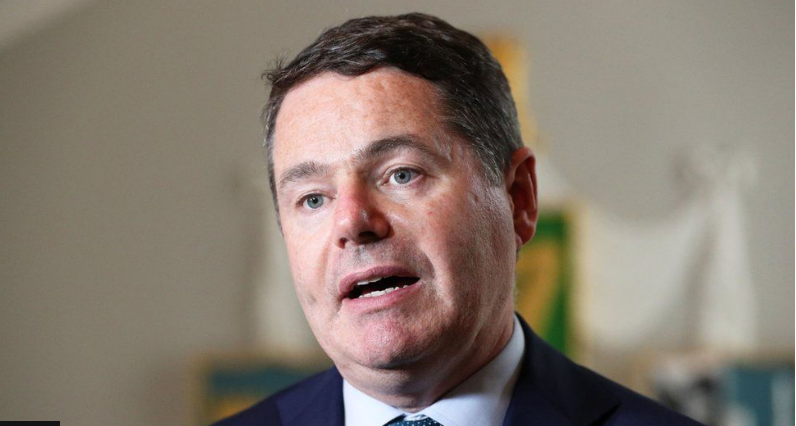Ireland extends lower VAT rate for hospitality sector

Irish Minister for Finance Paschal Donohoe said the extension of the lower VAT rate would help lay the foundations for a full economic recovery in the sector
At a glance
The lower VAT rate for the hospitality sector in the Republic of Ireland is extended until 28 February 2023
The rate was introduced by the Irish government in response to the challenges of Covid-19
Separately, the Irish government says it will pay 70% of extra inflation costs on building projects
- Published
The lower value added tax (VAT) rate of 9% for the hospitality sector in the Republic of Ireland has been extended until 28 February 2023.
Irish Minister for Finance Paschal Donohoe said the extension of the rate, which was due to expire at the end of August, would help lay the foundations for a full economic recovery in the sector as other financial supports are wound down.
He said 4,000 businesses with 114,000 employees in the sector would exit the wage subsidy scheme at the end of this month.
"The 9% VAT rate was introduced in response to the challenges posed by Covid-19 to support the hospitality sector and today the government has decided to extend the period when the 9% rate will apply for a further six months.
"This will provide further support to the tourism and hospitality sectors over the busy November/December period and into the early New Year."
Adrian Cummins of the Restaurants Association of Ireland said the move would help settle businesses ahead of what will be a "bumpy tourist season".
In a separate measure, the Irish government has said that it will pay 70% of extra inflation costs on public building projects, as part of plans to address inflation costs in construction.
Irish Minister for Public Expenditure and Reform Michael McGrath said that the cost of transporting building materials are increasing and there are also ongoing delays in delivering these materials.
He said that in the interests of safeguarding public building projects, a new framework will be drawn up to "share the financial burden" with the state to complete the works.